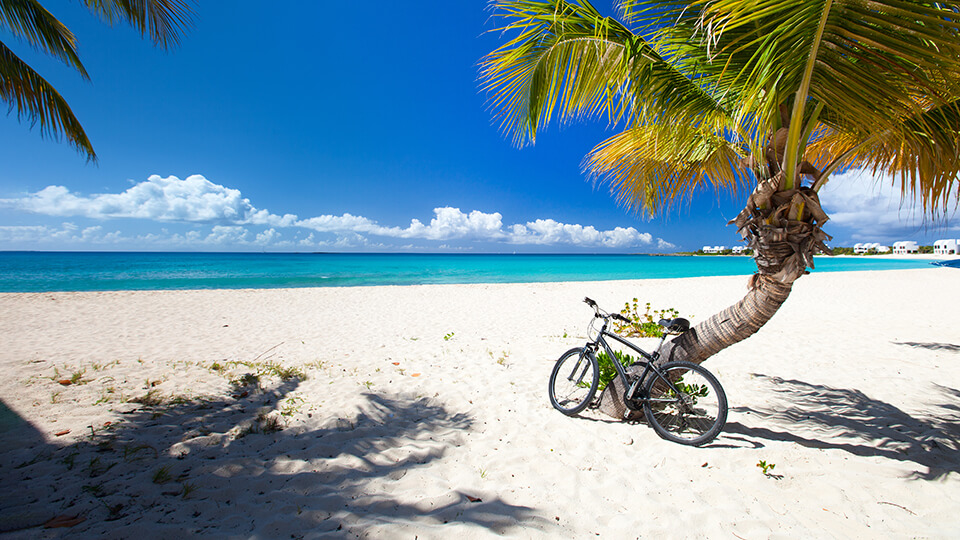Trademark Practice in The Caribbean Region Could Benefit from a Legislative Overhaul
The trademark practice in the Caribbean is unique in that there are still several jurisdictions that are manual and require in person interaction with the trademark registry office to conduct business. These jurisdictions still operate under legislation that is outdated and not in line with current practices. Practitioners in this region must develop a distinct practice that includes significant attention to detail and built upon a working partnership with Examiners who they often come face to face with, while advocating on behalf of brand owners. This results in loss of revenue and additional costs.
Notably, not all jurisdictions are manual as some jurisdictions have significantly modified the trademark legislative framework. Some of the recent emergence of a more efficient practice in these jurisdictions is a direct result of the disruptions arising from the COVID 19 pandemic. The implementation of online filing systems, quicker responses from Examiners and more islands becoming members of the Madrid Protocol are a few of these trends that signify a modernization of the trademark practice. Yet, there are some countries that do not have the financial injection or sufficient legislative focus on the trademark industry to affect any immediate change in the way the registries are operating.
We anticipate that those islands that remain unchanged, will soon follow the trend set by the larger jurisdictions and implement legislation that encompasses a more seamless way of prosecution and enforcement of trademarks in the region. Practitioners have an obligation to stay informed of these changes to effectively advise clients. The improvement in legislation that governs the industry is especially important as the World Intellectual Property Organization (“WIPO”) approaches more islands to sign on to the Madrid Protocol. WIPO recently signed on Trinidad and Tobago as well as Jamaica to the Madrid System. These countries are known “trend setters” for legislation in the region. WIPO currently offers brand owners a protection of their trademarks through a system of filing a single application, paying a single set of fees and applying for protection in countries that are contracting parties to the Madrid Protocol. Jurisdictions that are not electronic must compete against this electronic WIPO system of trademark protection that many consider to be more convenient and efficient.
Practitioners in the Caribbean countries operating with much less sophisticated technology eagerly look forward to having a government focused on introducing legislative and regulatory frameworks that develop the trademark practice in this region. Such legislation would elevate the practice. Implementation of effective trademark legislation is attainable and can be sustained with the thriving trademark industry. Legislation similar to what has recently been passed in jurisdictions like Jamaica, Trinidad and Tobago and the Cayman Islands serve as examples that it is possible to have a system comparable to larger nations.
Our team at Complete Intellectual Property Services (“CIPS”) stay up to date on new and emerging legislation in the Caribbean region. We join with our colleagues in the region, and continue to monitor the implementation of legislation that can affect a positive change in the practice. Subscribe now to get the latest in emerging trends delivered directly to your inbox at: www.completeipservices.com.
| Written by: | Keesha Fleming Lake Managing Attorney, Complete Intellectual Property Services |
| Date: | October 1st, 2022 |
| Contact: | keesha@completeipservices.com 561-769-5091 |



Leave a Reply
Want to join the discussion?Feel free to contribute!